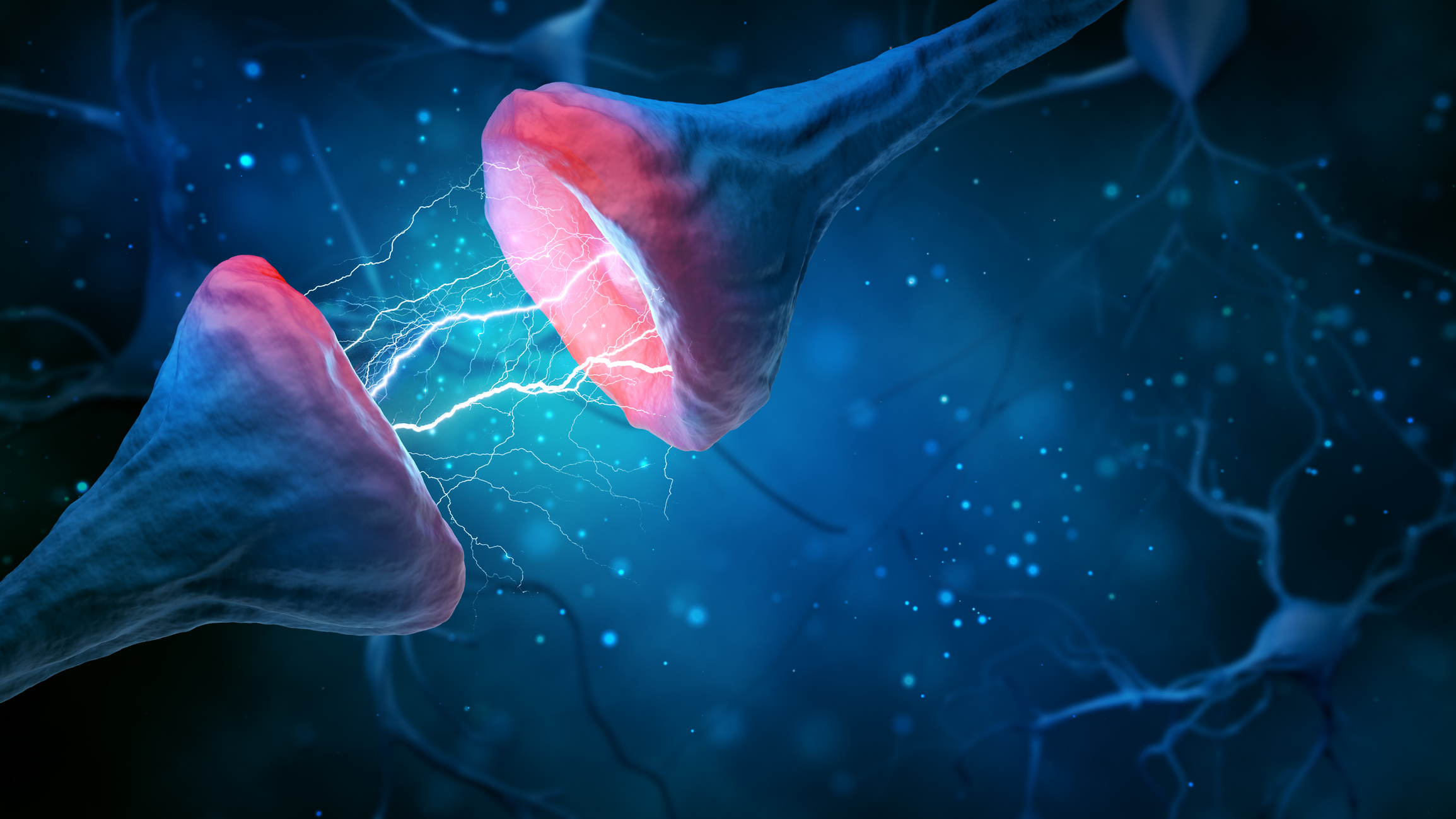As adults reach middle age and beyond, many discover it becomes harder to recall names or where they left their reading glasses. The functional capacity of the aging brain has been largely unknown until recently as an international team of researchers studied scan data from brains at all stages of life – from a 16-week-old fetus to a 100-year-old individual. Key milestones of normal brain aging emerged and the potential for older brains to change and adapt is now better understood.
According to a Washington Post Well+Being report, researchers found that “silent synapses” – connections that are inactive until they’re needed to form new memories – have been confirmed to be present in adult human brains at all ages and in different regions of the brain. The new research debunks the myth that neuroplasticity diminishes in the adult and aging brain. Researchers suggest that the brain may be working differently in middle and older age, shifting to more strategic and long-term performance. The brain reprioritizes – a shift in function rather than a diminishing. This is good news for older adults.
The life experiences of adults can vary widely between individuals which can significantly alter brain development and aging. Career and caregiving experiences, lifestyle habits like diet and exercise, and social engagement all contribute to cognitive function in older age. An active senior who exercises, volunteers and travels frequently may have a “younger” brain than an isolated older adult who rarely gathers with friends or participates in cultural or enriching activities. Research has found that by playing brain games like crossword puzzles or taking a class to learn a new language or skill older adults can help preserve or improve their brain function.
Although the brains of adults over the age of 65 do shrink in size and may begin to degenerate, a lifetime of experiences builds wisdom. By stretching yourself in older age to learn new skills, meet new people and say yes to new experiences, the aging brain is challenged and can adapt and change. The processing speed of the older brain may not be what it was in young adulthood, but when silent synapses are recruited, they help form new memories without losing important memories stored in mature synapses.






Add Your Voice
0 Comments
Join the Discussion